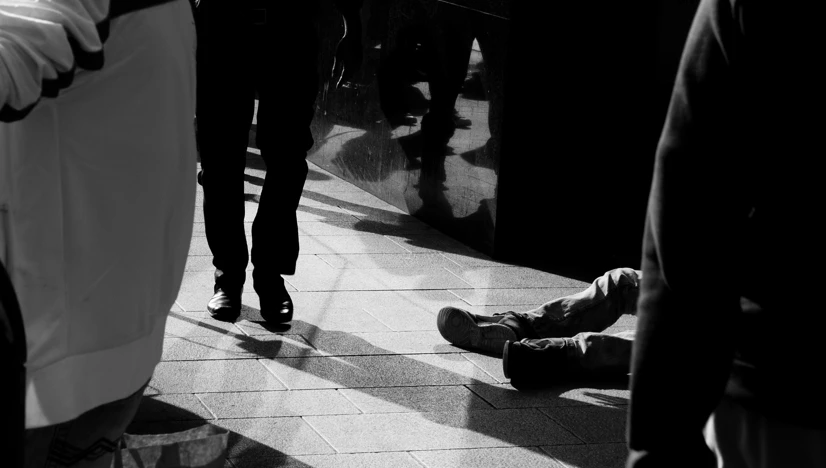Solidarity Economics—for the Coronavirus Crisis and Beyond
The American Prospect, 2020
In light of the Covid-19 crisis, the article by the authors of the book "From Resistance to Renewal: A 12-Step Program for Innovation and Inclusion in the California Economy", C. Banner and M. Pastor, debunks the granted assumptions of the neoclassical theory, such as self-interested human behavior, the necessity of inequality and growth, to pull the threads between the new possible foundations of our society, "prosperity, security and community". The point made here is that new socioeconomic challenges must be seen in a new perspective, the one of caring, in which "a commitment to mutuality and to the common good is the right thing to do for both public and economic health".
Comment from our editors:
An insightful reading for those interested in the caring economy and the failures of the current economic system put into the context of corona crisis in the USA, but valuable as a critique of privatization of education and heath systems even in more general circumstances. The pandemic is somehow proof of the malfunctioning of capitalism and at the same time gave the chance to all the alternative (and pluralist if you want) solutions that have been brought up by academia to the wider public (without becoming mainstream yet, though): Universal Basic Income, Public Health and Education, Post-Growth Prosperity are some of the themes presented and depicted as the ones we need the most to face crises.
This journalistic article provides little analysis of data and comparisons of other strands of thought in this discourse, yet it adequately tackles current political and economic struggles triggered by the Corona-crisis. A critical introduction. Don't stop reading here.
Go to: Solidarity Economics—for the Coronavirus Crisis and Beyond

